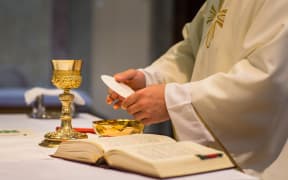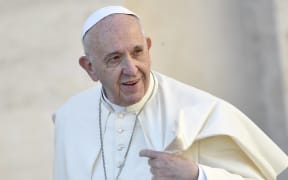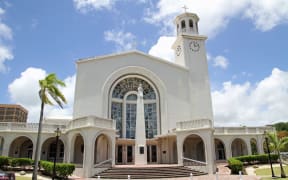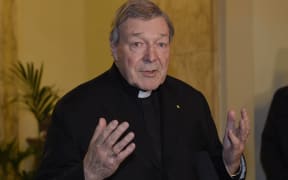Six cases have come to light of children fathered by supposedly celibate Catholic priests in New Zealand.
One of them is a 6 year old girl.
Her mother, and the adult children from the other five cases, have been in touch in the last four months with an online support network that is lifting the veil of secrecy around a world-wide scandal for the church, of supposedly celibate priests secretly fathering hundreds, if not thousands, of children.
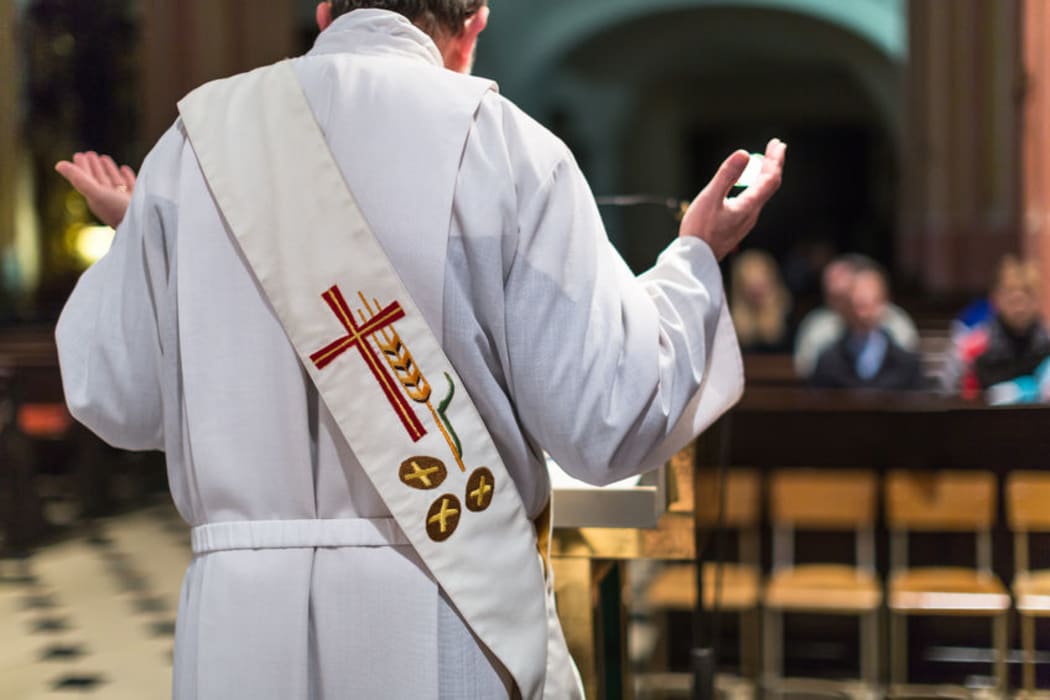
Photo: 123RF
"It's not an historical matter, there are priests in New Zealand ... who have fathered young children," said Vincent Doyle, of Ireland, who founded the support network Coping International in 2014 after he discovered his own father was a priest.
The mother of the 6-year-old told him the priest was aware he was the father, but so far she had not contacted church authorities.
Other details were confidential, and he had no mandate to intervene without the mother asking, Mr Doyle said.
"In the case of a young girl, it would be very important that whatever the Bishop said would be supportive of her and also the mother," a Catholic Church spokeswoman Amanda Gregan said.
"This kind of situation is about rights and responsibilities."
The church declined RNZ's request for an interview, saying this was "because an individual's situation ... is not a public matter. As I've already said, details are not known. And when details are known they are sensitive and will be addressed within a pastoral context."
The bishops had not considered the issue overall, Ms Gregan said, but they were "aware that there is a small number of people here, whose father is a priest".
Mr Doyle questioned this assertion given the bishops said they did not know much. Coping International says on its website a major problem is the belief that only small numbers are involved, and that this fosters secrecy and isolation.
"The church's National Office of Professional Standards has not been approached by anyone," said Ms Gregan.
"A single bishop may have been approached in confidence and as such we don't have this figure to comment on."
The church must "front-foot" the whole issue, and in the case of the young girl, be part of working to ensure she could know who her father was, said Unicef New Zealand executive director Viv Maidaborn.
New Zealand law was not explicit in an unusual situation like this, but its intent, and that of the UN Rights of the Child, was clear about a child's right to know, she said.
Amanda Gregan said: "Our bishops firmly believe that being the father of a child carries with it responsibilities which again would need to be discussed with the child and mother."
In one of the other New Zealand cases, a young man had contacted the Coping network after agonising over it for several months, said Mr Doyle.
"It's shock that he wasn't alone - he really, really believed he was, like, the only one, and that's a really common symptom of this."
The oldest New Zealander to contact the network, the only one of its kind, was a person in their 60s.
In another case, of siblings, they had now approached a bishop.
This individual bishop had been welcoming and kind.
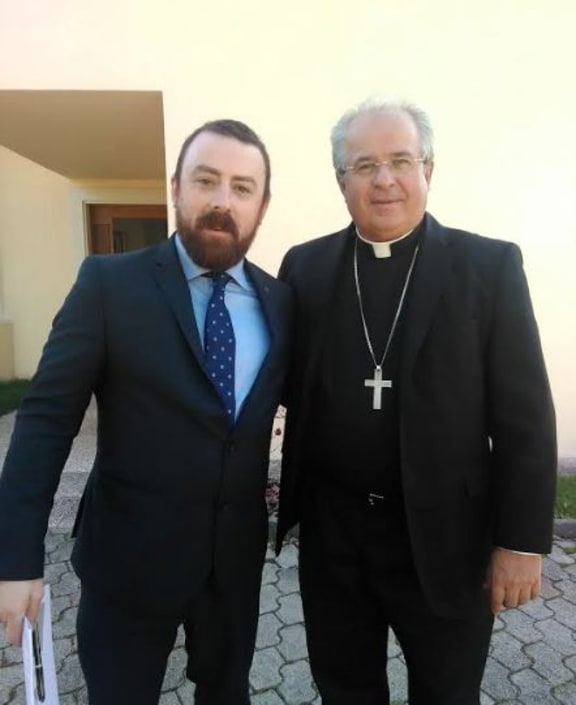
Vincent Doyle meets Archbishop Ivan Jurkovic, the Permanent Representative of the Holy See to the United Nations, last October to talk about the children of clergy. Photo: Supplied
However, Mr Doyle said the New Zealand bishops as a group must go further and quickly adopt guidelines issued last year by Irish bishops that put the child's welfare first.
"Pope Francis has endorsed this effort, so it's time that they sit down, and I'd like to publicly ask them to do that.
"And I'm confident that they will because if they don't, well, what reason have they not to?"
The church's response was equivocal. "Bishops in one country do not necessarily adopt guidelines from another country, but the Irish guidelines may well prove to be a useful resource," said Ms Gregan.
Vincent Doyle said canon law made clear a priest who fathered a child would not automatically lose his job.
Since October, 2300 New Zealanders had been to the network's website; Vincent Doyle said it was his "conservative" estimate that perhaps one tenth of those were the children of priests.
Irish Bishops' principles
- The two parents have a fundamental right to make their own decisions regarding their care of their new-born child.
- In justice and love the needs of the child should be given the first consideration. In the case of a child fathered by a Catholic priest, it follows that a priest, as any new father, should face up to his responsibilities - legal, moral and financial. At a minimum, no priest should walk away from his responsibilities.
- Each situation requires careful consideration, but certain principles present themselves on which the decision of the priest should be made: The best interests of the child; dialogue with, and respect for, the mother of the child; dialogue with Church superiors taking into account civil and canon law.
- It is vital in discerning a way forward that the mother, as the primary care-giver, and as a moral agent in her own right, be fully involved in the decision.
- In arriving at a determination regarding these cases, it is important that a mother and child should not be left isolated or excluded.

